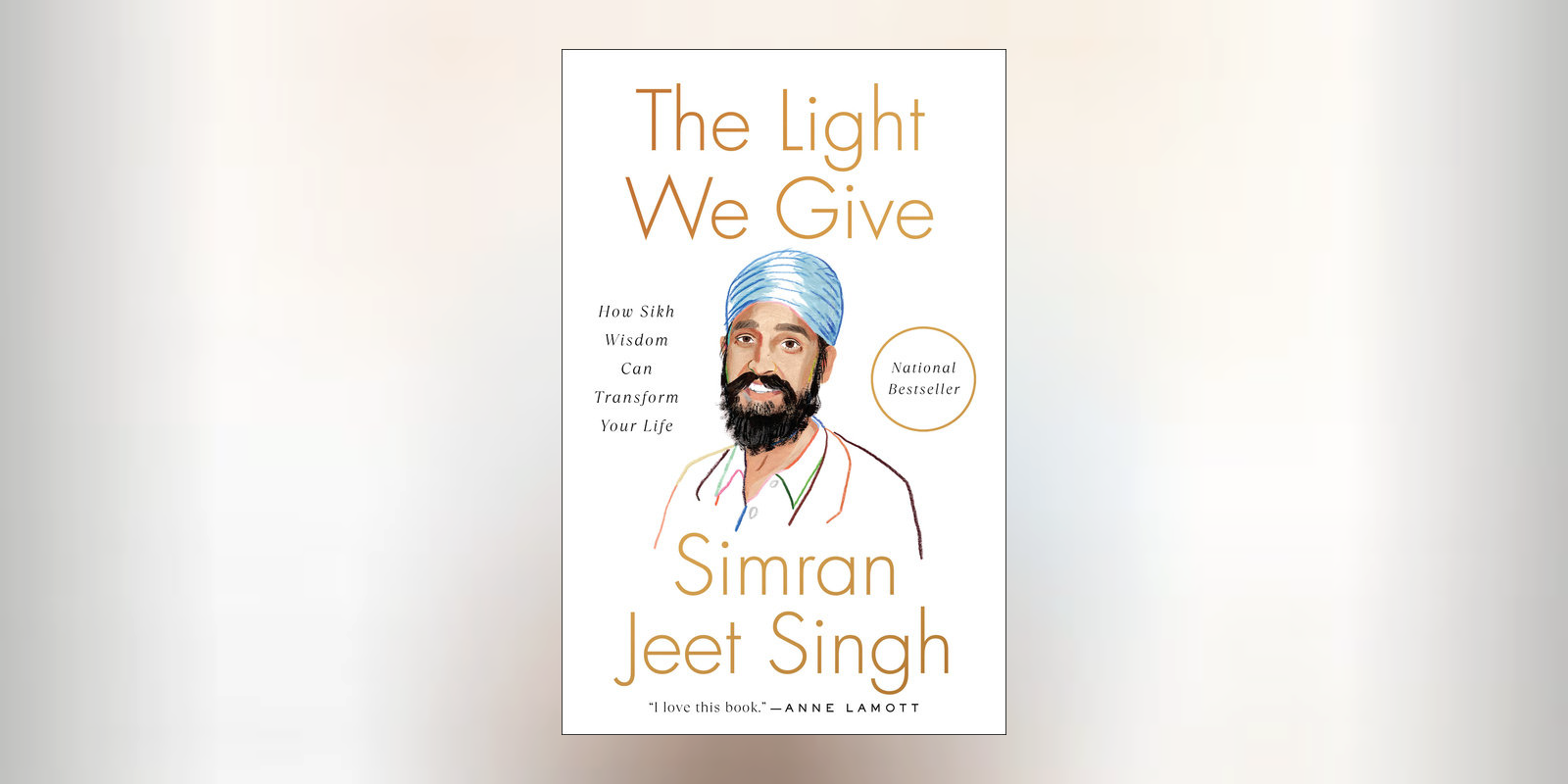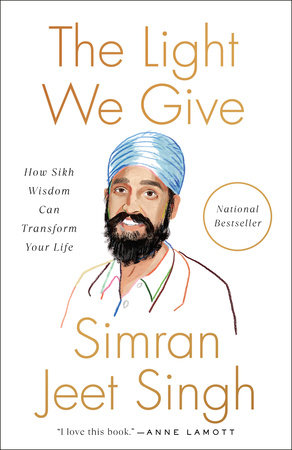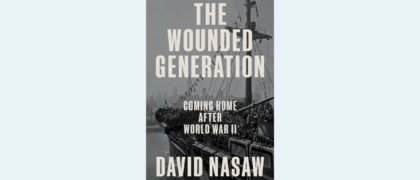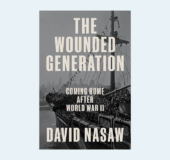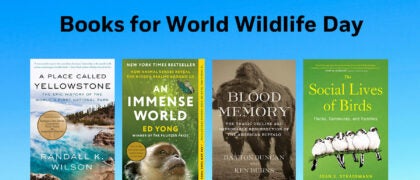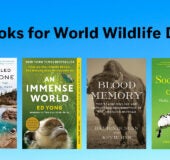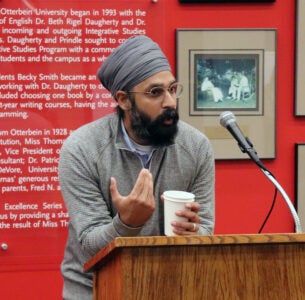 When I was in college, and first set a goal for myself to one day publish a book, I had a few ideas of what success would look like. I wanted the book to be available in bookstores, like Barnes & Noble and Borders (remember those?). I wanted it to be published by one of the big five publishers. I wanted people to see it displayed in airports and send me photos of it.
When I was in college, and first set a goal for myself to one day publish a book, I had a few ideas of what success would look like. I wanted the book to be available in bookstores, like Barnes & Noble and Borders (remember those?). I wanted it to be published by one of the big five publishers. I wanted people to see it displayed in airports and send me photos of it.
And over the past few years, as each goal became a reality, my life as a writer felt increasingly surreal.
Throughout it all, there was one goal I was still holding onto, one that I was too embarrassed to tell anyone or even put into a notebook. I wanted a college to adopt my book for their first year reads program, so that all the incoming first-years read and discussed my book. We had a program like this in my first year at Trinity University in San Antonio, Texas and it meant so much to me.
I believed my book had important stories and messages to share with young people, but I also came to realize how many good books and authors schools had to choose from, and how hard it would be to be selected. The question wasn’t why wouldn’t a school select The Light We Give for its common read, but why would they?
I thought a lot about this question, and asking it helped me develop a clearer sense of what I thought the book offered to our world today: How do we embrace the adversity we face and the challenges of our world without becoming bitter? How do we respond to hate with love? How do we find wholeness in a world that feels broken?
I thought also about my own mission, professionally and personally, and also in my writing: disrupting bias, building empathy, and sharing wisdom. To do this all through my personal story—as a turbaned Sikh growing up in Texas and living now in New York City—felt like such a compelling place to start.
As I was crystallizing these ideas and sharing them with different audiences, I saw the message resonating, from SXSW to Stanford’s Commencement to the JFK Library. Penguin Random House even invited me to speak on my book and its relevance for today and the annual First Year Experience conference. And about a year, I received the exciting news. A college in Ohio—Otterbein University—had selected The Light We Give for its Common Book. Every incoming student would read the book, write an essay about it, and discuss it in their classes. Previous authors on their list included Bryan Stevenson, Colson Whitehead, and Tracy Kidder. I was honored to join their ranks as an invited speaker.
There’s something indescribably special about spending time with people who have read and enjoyed your work—but I’ll try to describe my experience at Otterbein anyway. I arrived on campus and began with the first session. It was three classes together, and each of the students had prepared thoughtful questions for me, ranging from how I’d compare my own upbringing with raising my girls as Sikhs in New York City, to my views on pressing political issues, to my favorite football and basketball players.
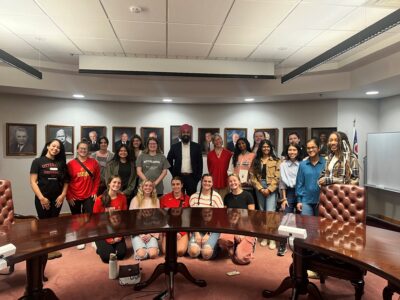 I enjoyed a half-dozen sessions like this with different classes, and by the end of my two-day campus visit, I had met with every single person in the first-year class at Otterbein University. Some asked about Sikh and South Asian history; some asked about my family members and how they were doing; some asked about war, and values, and climate change, and personal fears. We covered so much ground, and I loved every single minute of it.
I enjoyed a half-dozen sessions like this with different classes, and by the end of my two-day campus visit, I had met with every single person in the first-year class at Otterbein University. Some asked about Sikh and South Asian history; some asked about my family members and how they were doing; some asked about war, and values, and climate change, and personal fears. We covered so much ground, and I loved every single minute of it.
At the end of each session, a few students would come up to me to share how much the book meant to them. A Buddhist student who felt like an outsider in Ohio. A trans student who was disaffected from their family. An athlete who said he’d never really enjoyed a book before, but that he really did enjoy this one. And to my delight, a Spurs fan who was happy to talk about the good old days with me.
One student even drew a sketch of me during the convocation and gifted it to me during the post-event reception and book signing.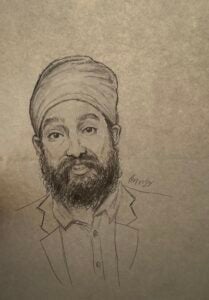
A writer’s dream is that people read their work. A thinker’s dream is that their ideas have some bearing in the world. An educator’s dream is that people open up and engage with their insights. I felt all of it come together at once, and it was one of the most special experiences of my life.
And finally, during the convocation, I sat on the theater stage before the entire first year class, and discussed how some of the key ideas from the book bear on our current political context and our daily lives. The importance of connection and humility and service. The value of curiosity and compassion and courage. The challenges and opportunities that come in opening ourselves up to one another. We opened up for questions and had a powerful and honest conversation about our frustrations with our society and what we could do about them.
Being at Otterbein reminded me that there are so many people out there who are hurting and so many who are looking for answers, and that perhaps through the tradition I have grown up learning, I might have different ways of thinking through our social challenges. It felt touching and meaningful, and the feedback I received from the school indicates that the positive feeling was mutual.
Feedback from Simran’s Visit to Otterbein University:
“The Otterbein Common Book Committee selected The Light We Give for our 30th Common Read selection. Approximately 600 incoming students read the book and wrote a reflective essay prior to arriving on campus. This fall, our campus hosted Dr. Singh on campus for two days. During that time he met with first-year classes, gathered with faculty and staff for meaningful discussions, spoke to an audience of local community members, and presented to a campus-wide audience of over 800 guests.
While our students truly resonated with the message in the book, his visit truly brought his words to life. The attention and care that Dr. Singh generously gave to each audience and each individual student was truly unique. He was kind, genuine, and approachable and students felt welcomed to engage with him about his book, about Sikhism, and about life. For days after he left, folks would catch me on the sidewalk and thank me for bringing him to our campus community.
As the person responsible for hosting Dr. Singh for two days I think it’s also important to add that he was simply a joy to host. Truly a wonderful human and scholar!”

